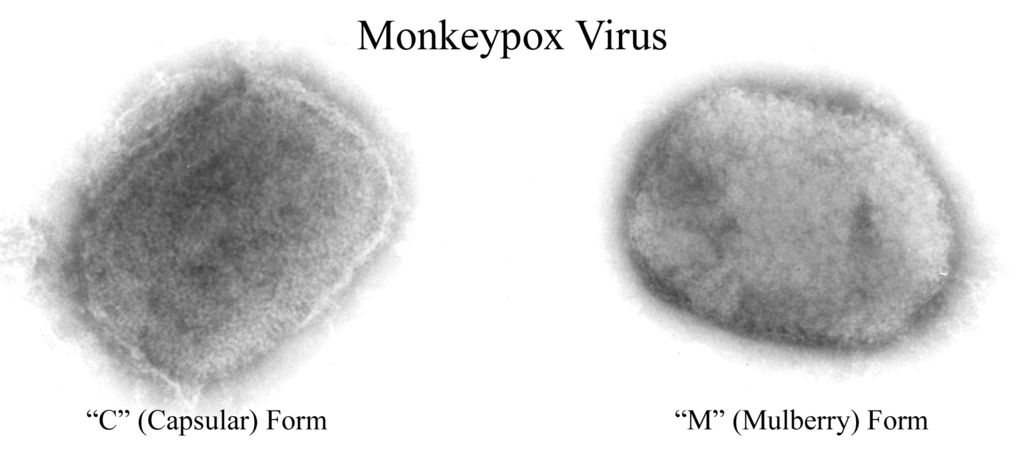India has reported its fourth case of monkeypox. While the cases still remain low, the key concern over the most recently reported case is that the individual had no record of international travel.

Author CDC/ Cynthia S. Goldsmith, Inger K. Damon, and Sherif R. Zaki
All three previous cases had been reported in Kerala. The fourth case occurred in a 31-year-old man in Delhi. The man had attended a party in Manali in Himachal Pradesh according to officials, noting that the individual had no recent record of international travel. This has sparked fears of domestic spread within the country, resulting in a high-level review meeting on monkeypox being called by the Directorate General Of Health Services (DGHS) on the 24th July.
The prior three cases all had a recent history of international travel. However, as this man had travelled domestically, the current concern is that there may be undetected cases in Himachal Pradesh with the potential for domestic spread that is as of yet going unmonitored. Currently, the fourth person to be infected is isolated in hospital and is in a stable condition.
“The first case of Monkeypox was detected in Delhi. The patient is stable and recovering. There’s no need to panic. The situation is under control. We have made a separate isolation ward at LNJP. Our best team is on the case to prevent the spread and protect Delhiites,” tweeted Delhi Chief Minister Arvind Kejriwal.
As previously reported by Health Issues India, monkeypox, much like COVID-19, is another zoonotic condition – spread to humans from animals. Typically the disease is endemic only to a few regions of Africa. The disease suddenly spread across May to a list of non-endemic countries now extending the world over.
There have been over 16,000 cases of monkeypox reported from 75 countries. There is speculation that the rise in the monkeypox cases across the globe is due to the decline in use of the smallpox vaccine, which has been used less frequently since the eradication of the disease. Studies have noted that the smallpox vaccine provides a degree of protection against monkeypox, and that since the eradication of smallpox, cases of monkeypox have risen since the 1970s. This gradual rise, however, does not account for the very sudden increase in cases, evocative of the early days of the COVID-19 pandemic.
Monkeypox, as noted by the CDC, typically requires either skin contact, or prolonged exposure to large respiratory droplets. The disease has been proliferating rapidly among men who have sex with men (MSM), prompting some countries to look into further measures to offer protection to this community.
Early symptoms are flu-like, such as a fever, headaches, aching muscles and swollen lymph nodes. Rashes can develop, often beginning on the face and then spreading to other parts of the body, this can be followed by more severe lesions, which allow spread of the disease via skin contact.
The situation regarding monkeypox has now escalated to the point that the World Health Organization (WHO) has announced a Public Health Emergency of International Concern. This is notable as it is the highest level of warning the WHO can issue, used in cases of major international spread such as during the COVID-19 pandemic.
The WHO’s prior refusal to announce a PHEIC was widely criticised by virologists, epidemiologists, and public health experts. Some cited the delay in public health emergency declarations for COVID-19 and the Ebola epidemics in West Africa and the Democratic Republic of the Congo as evidence that the WHO is typically hesitant to make such declarations.
“Right now PHEICs send the message that WHO is the last institution to grasp that a newly identified outbreak is indeed a public health emergency of international concern,” said biologist Michael Worobey of the University of Arizona. “The window may already have closed on stopping the establishment of a new sexually transmitted disease worldwide, but a PHEIC has not even been declared.”
While the monkeypox caseload remains low, the fact that this fourth individual has contracted the disease within the country, and with no link to the other three cases indicates that the burden in India is already higher than diagnostic efforts currently suggest. Efforts are scaling up to address the matter, but monkeypox may now already be of major concern to the country.

